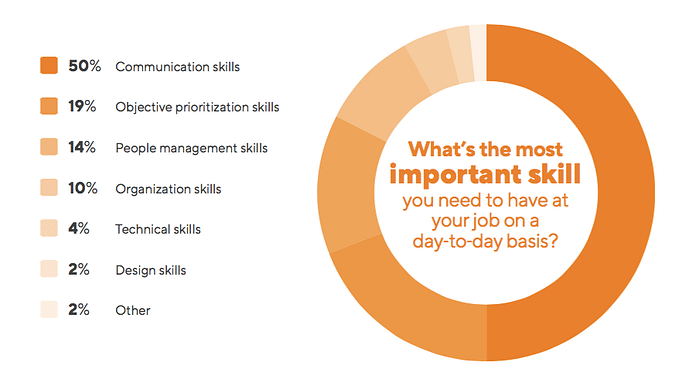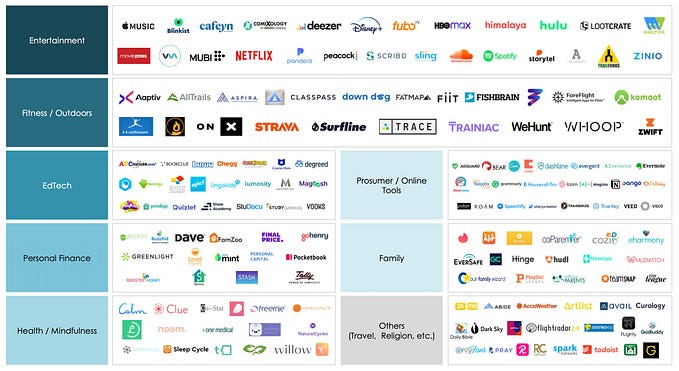Member-only story
The power of verbal communication — as a new or aspiring product manager
In part three of this series, I will continue to focus on reasons why verbal communication is valuable for new or aspiring product managers. Here is the previous post from this series. Verbal communication consists of spoken and written communication. This post will focus on spoken communication. It’s a life-long skill that anyone can improve on.

Communication as a product manager involves both written and spoken communication — some may gravitate towards one or another, but both are equally important.
The Power of Spoken Communication
1. Anyone can be great at spoken communication.
This is a learnable skill that can be crafted and honed over time. There is no one archetype of a successful PM. Those who consider themselves introverts or extroverts have succeeded in this role, and both have been exceptional. After learning from past experiences and talking to PMs, there are a few key traits I have observed that make PMs great spoken communicators. This is what I believe is valuable and is not a limited list:
- First, they listen. This is the most important part. In order to deliver an important message, you must listen to the person or the people you are talking to. Great PMs understand people and gain context.
- When great communicators speak, they speak clearly — at their natural pace and with limited filler words. It is important to think through what you say and then say it. It helps to slow down when talking and identify the ideal natural pace for yourself.
- Confidence is key. You must believe in what you are saying — you shouldn’t doubt yourself if you are making the time and effort to say something. If you don’t know something, then confidently say you don’t know it. You can always ask questions and get back to someone with an answer. PMs play the role of visionary and guiding execution, so you need to own the end to end process. You need to believe in what you are building, why you are building it, and telling the story to your…





